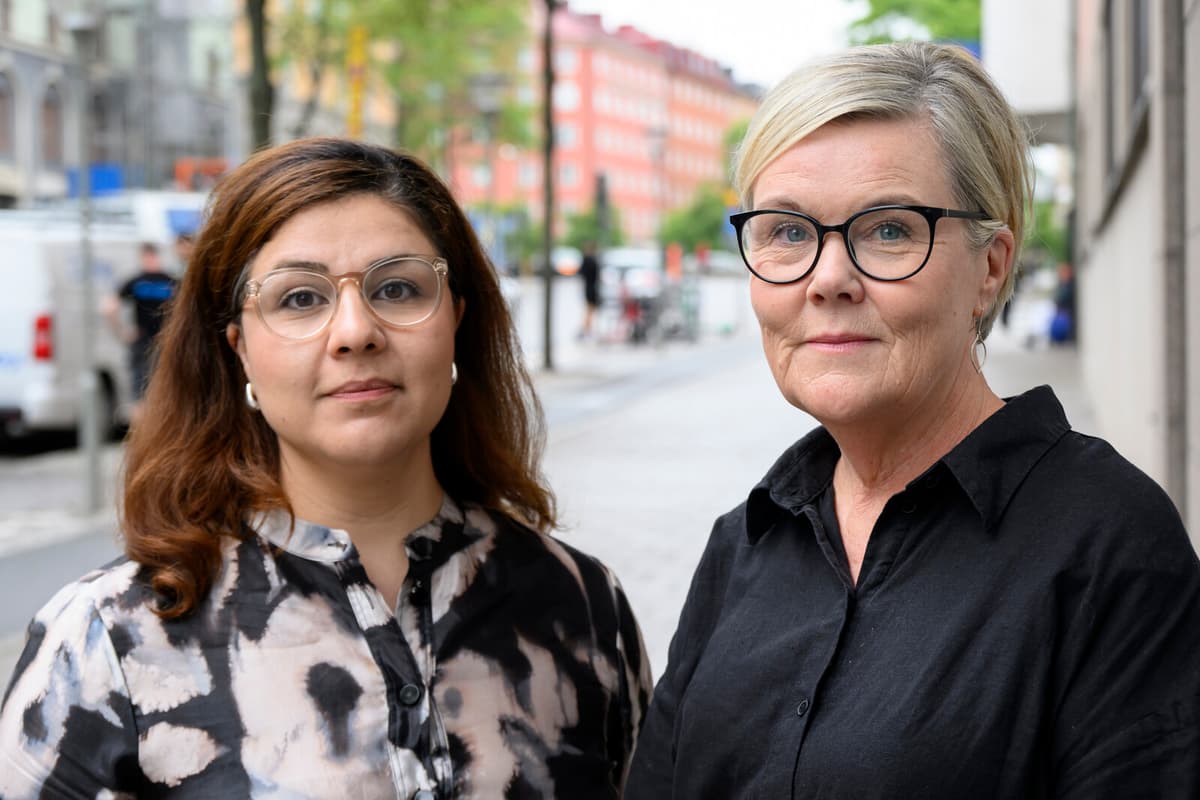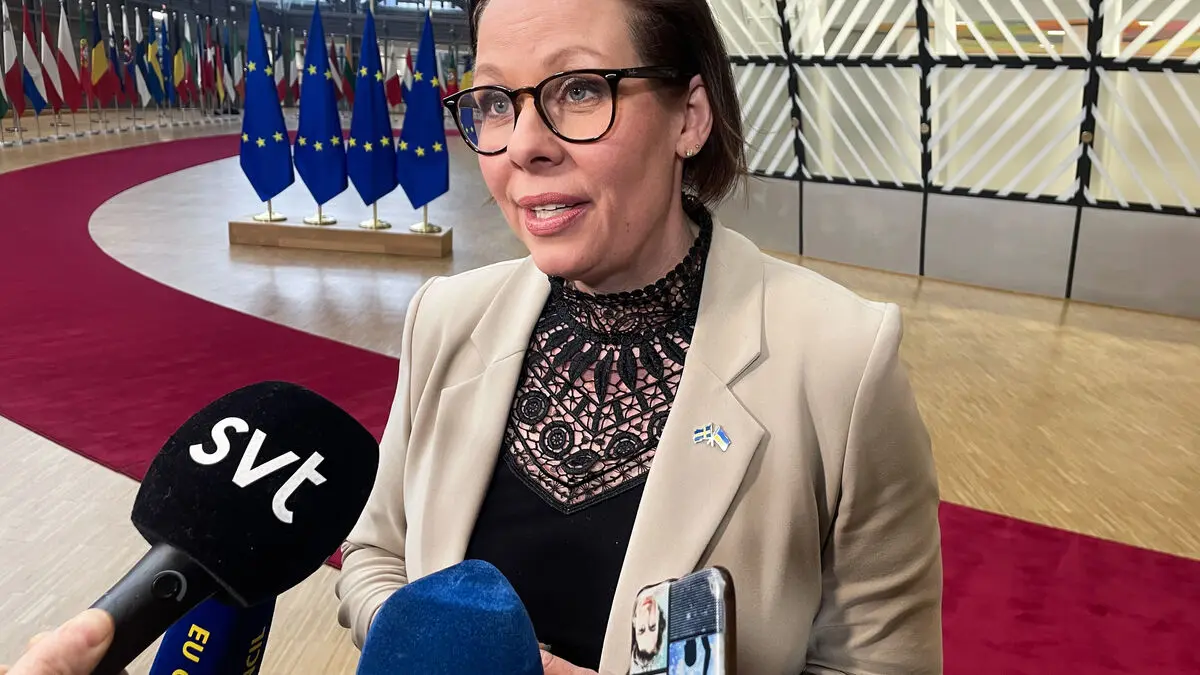Nearly 189,000 children live with at least one parent who has debts or is undergoing debt restructuring with the Bailiff's Office. Since 2022, the number has increased by 9.2 percent and the increased costs in recent years are cited as one of the reasons.
Those families with children who may have lived with small margins for a long time find it even harder to make their private economy work when it becomes tougher economic times in society at large, says Reza Baars, head of preventive activities at the Bailiff's Office.
People who cannot afford a buffer run a greater risk of becoming indebted.
Generally, we can see that many who end up with us do so because something in life suddenly changes. It can be illness or a divorce, says Baars.
Affects relationships
When children call Bris, strained economy is rarely the topic of conversation, but it often has significance.
Growing up in a family under pressure affects the relationships in the family and the conflict level, and many children also feel anxiety and great empathy for their parents because they are stressed and worried, says Marie Angsell, expert social worker at Bris.
Children refrain from activities because they know it costs, which can create exclusion and affect school attendance.
But you also refrain from burdening parents with other worries. A risk is that you do not get the parental care that you need, because you do not show when you are sad, scared, unhappy or need help.
Economic vulnerability can also be a risk factor for being exposed to things like domestic violence. According to Marie Angsell, however, other security factors during upbringing can compensate for the economy.
Have a dialogue
As an indebted parent, it is good to have a dialogue and involve the child. But first and foremost, one should emphasize that the child is never responsible for the economy, Marie Angsell points out.
Since the Children's Convention became law, the Bailiff's Office always works with a child rights perspective in its decisions. Reza Baars also emphasizes that it often feels shameful to have debts, but that it is important to act early.
Many times, it is possible to find a solution.
Children up to 18 years can call or send SMS to Bris' free number 116 111 around the clock. Bris also has a chat that is open around the clock. It is also possible to email.
The conversations take place with trained curators and if you want, you can always be anonymous. The contact is not visible on the phone bill.
The Bailiff's Office and Bris collaborate on spreading information to children who are worried about their family's economy. Adults can also get support on how to talk to their children about the family economy.
Source: The Bailiff's Office, Bris






